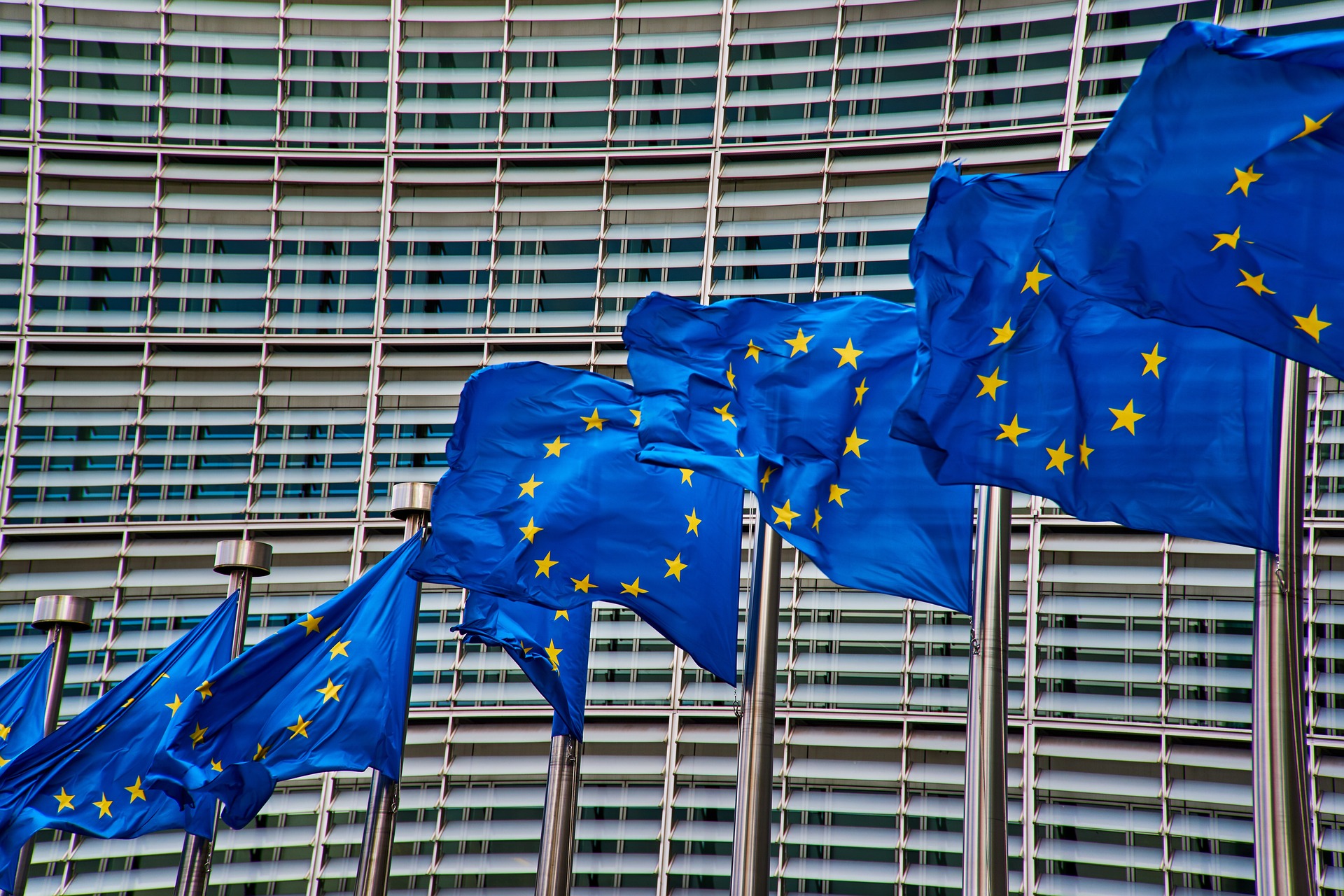Foreign Subsidies Regulation about to enter into force

date: 19/12/2022
The regulation’s legislative process took off with the Commission’s White Paper in June 2020, followed by the Commission proposal for a Regulation in May 2021. The political agreement by the Council of the European Union and the European Parliament was reached on 30 June 2022 and the regulation was officially adopted on 14 December 2022. As a final step the regulation will be published and enter into force in the upcoming weeks, being directly applicable six months after, except for the notification obligations which will start to apply nine months after the regulation enters into force.
The regulation aims to close a legislative gap by addressing market distortions stemming from subsidies granted by non-EU countries to companies active on the EU single market. Whereas subsidies granted by Member States are subject to EU state aid rules, this does not apply to subsidies from non-EU members. Such subsidies have the potential to lead to distortions of fair competition on the single market. Therefore, the new regulation introduces three mechanisms: (1) a notification-based tool to investigate concentrations involving foreign subsidies, (2) a notification-based tool to investigate bids in public procurement involving foreign subsidies as well as (3) a general tool to investigate all other market situations. The tools based on notifications only apply where a certain high value threshold is met (EUR 500 million for concentrations and EUR 250 million for public procurement). The Commission may also start a review ex-officio or request an ad-hoc notification for smaller concentrations and public procurement procedures. A subsidy falling within the scope of the regulation is defined by Article 2(1) of the Regulation as a financial contribution provided by a third country “which confers a benefit to an undertaking engaging in an economic activity in the internal market and which is limited, in law or in fact, to an individual undertaking or industry or to several undertakings or industries.”
In order to be fully effective, the Commission will be equipped with wide investigative powers (such as information requests and inspections). Where the Commission finds that a foreign subsidy distorts fair competition, it may carry out a balancing test, taking into account both positive and negative effects of the subsidy. Where negative effects outweigh the positive, and no commitments were accepted, the Commission has the power to prohibit concentrations or awards of contracts in public procurements. Where ex officio investigations find distortive subsidies, the Commission may impose structural as well as non-structural redressive measures to remedy distortions.
